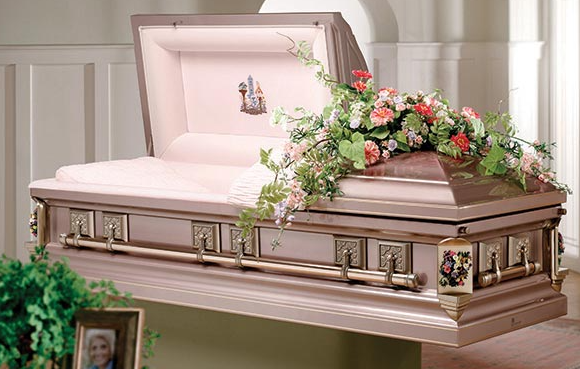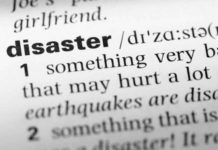John Barnett initiated legal action against Boeing, alleging retaliation for whistleblowing. His absence from his last deposition on March 9 raised alarms when attempts to contact him failed. Subsequently, employees at the hotel in Charleston, South Carolina, where he was residing, discovered his body in the parking lot. While authorities classified it as a suicide resulting from a self-inflicted gunshot wound, Barnett’s legal representatives harbor doubts regarding this conclusion.
Barnett served as a quality control manager at Boeing for more than thirty years, with a significant portion of that time spent in Washington, totaling 28 years. In 2010, he was relocated by the company to South Carolina. During his tenure at the southern factory, he allegedly raised safety concerns on multiple occasions. Barnett retired in 2017.
The unexpected occurred the year following Barnett’s retirement. In a tragic sequence, Lion Air Flight 610, a Boeing 737 MAX aircraft, plunged into the Java Sea, claiming the lives of 189 individuals. Within a span of fewer than six months, Ethiopian Airlines Flight 302, also a Boeing 737 MAX, crashed, resulting in the deaths of 157 people. These incidents spurred Barnett to take on the role of a whistleblower.
During an interview with Corporate Crime Reporter in 2019, Barnett highlighted three significant concerns observed at the Dreamliner factory. Firstly, he noted instances of missing defective parts, which were subsequently installed on aircraft without undergoing repairs.
According to him, his apprehensions were validated by an FAA audit. Secondly, Barnett mentioned that approximately a quarter of the oxygen masks aboard the planes were malfunctioning. Lastly, he raised an issue regarding titanium slivers left in the vicinity of the flight control wires. Once more, he asserted that his complaints were supported by an FAA audit of the factory.
Following Barnett’s initial complaint filing in 2014, he alleged that the company initiated retaliatory measures against him. Subsequent to his passing, Rodney Barnett informed The Associated Press that his brother had experienced PTSD and anxiety episodes stemming from the hostile work atmosphere at Boeing. The family believes these factors may have contributed to his suspected suicide.
Attorneys Brian Knowles and Robert Turkewitz released a statement expressing disbelief at the suggestion that Barnett would have taken his own life. They asserted that Barnett had been in high spirits, particularly as his lawsuit against Boeing was approaching its conclusion. In the days following Barnett’s demise, media outlets disclosed that Boeing had failed 33 out of 89 safety audits, while one of its suppliers had failed 7 out of 13 audits.




